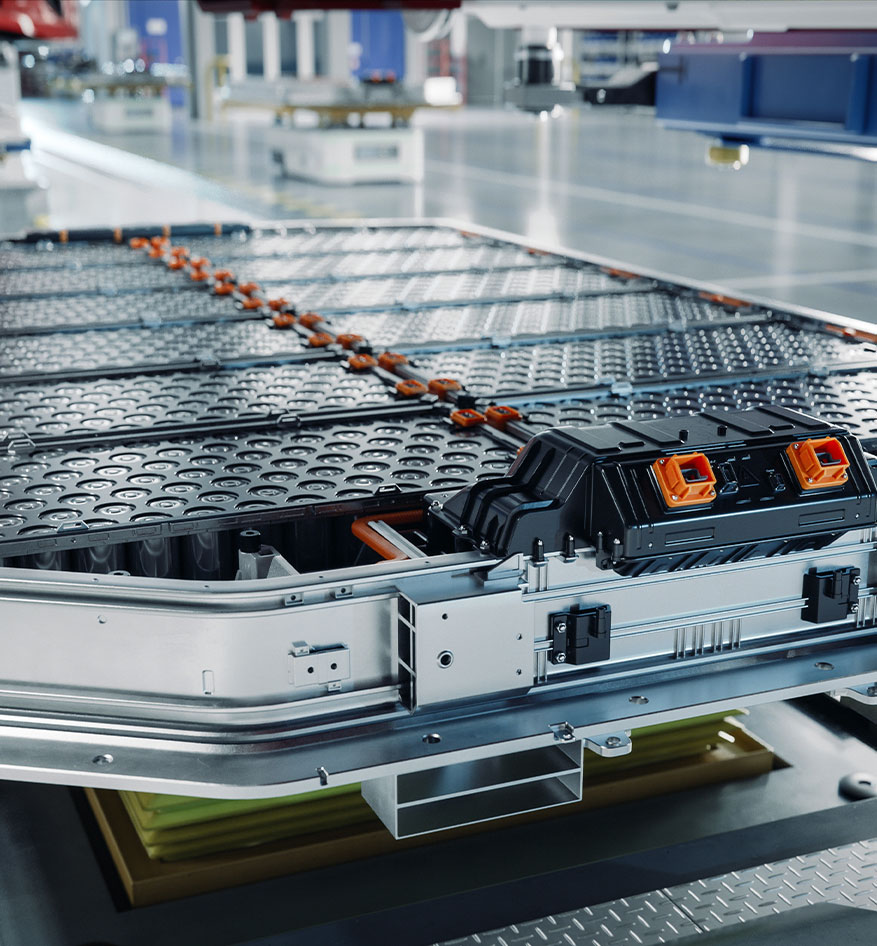Erin Baker: Batteries are no longer the enemy of affordable electric cars
By Erin Baker, EV Journalist
EVs have signally failed to abide by any of the fiscal rules laid down by their forebears, petrol and diesel, both of which played ball with forecasters, planners, CEOs, the media and customers for a century. Minor fluctuations in an otherwise fairly predictable landscape of rising and falling valuations.
Discover more content...
Constant change in the EV market
As 2025's play for world politics is so admirably proving, however, the only constant is change. You only have to look at which automotive models and brands have fallen out of fashion, and which have come to be considered premium in their wake, to see that nothing is stable in the automotive industry right now.
Take Hyundai and Kia, drifting for years, suddenly catapulted into the list of most desirable car models to buy when they went electric, with the Ioniq 5 and EV6/9/4/5.
These cars have been voted Car of the Year by all the major international award committees (including World Car of the Year, of which I’m a judge), and consumers search for new and used stock in their droves every day – the Ioniq 5 has been one of the few cars to consistently be in the top 10 most searched-for cars on Auto Trader for the last five years.
Meanwhile, no one can remember which brands the EQE, iX3, ID3 or Q4 e-tron belong to, according to a recent national representation survey, and people struggle to see where the value for money is in the electric versions of SUVs that start with a six-figure price tag, especially when these cars struggle to reach 250 miles of range.

EV prices are coming down
So, what can we say to consumers who ask if the price of EVs will ever match the price of petrol cars, and whether they are going to get stung by their EV’s depreciation? The question these consumers are essentially asking is: do I buy now, or wait? And if I wait, how long for?
Good news first: the price of new electric cars is, at last, coming down significantly. The average price gap between electric and petrol now stands at 23 per cent, a whole 10 per cent less than this time last year. That’s a big move and cause for celebration.
The reasons are plentiful, but there are two primary influencers. The first is simple market forces: more and cheaper electric cars for sale. There are now 29 new EV models on sale with an RRP of under £30,000, compared with just nine a year ago, according to the SMMT, and brands had to discount by an average and painful 12.8 per cent to meet ZEV mandates at the end of last year (expect more of the same this year as the ZEV target rises to 28 per cent) which didn’t help OEMs but did help consumers.


29
There are now 29 new EV models on sale with an RRP of under £30,000.
Batteries are becoming cheaper
The other driver for lower pricing is that batteries are becoming cheaper. There is a glut of oversupply thanks to cell manufacturing over-capacity and weakening EV sales, which drove prices of lithium-ion battery packs down by 20 per cent in 2024 to a record price of $115 per kWh, according to Bloomberg NEF.
Pack prices have remained at a stable low since about 2021, but cell prices have gone from $553 in 2013 to $78 last year.

EV depreciation remains high
So, hooray, happy days for the consumer. Except, not, because there remains the thorny issue of depreciation, which, for brand-new electric cars, remains challenging. Last year, a new electric car retained on average 68.31 per cent of its value after 12 months, compared with an 81 per cent residual valuation for petrol cars.
This persistent depreciation means that monthly PCP prices remain stubbornly high for consumers, the vast majority of which finance cars in this way. It’s a bizarre state of affairs: batteries are becoming cheaper and more accessible, but monthly finance deals on new electric cars are stuck way too high.
We have to wait for market forces to offer the correction, and it’s coming (indeed, it’s already here at 3-5-year-old electric cars where we have reached price parity between electric and petrol equivalents), but let’s be clear: batteries are no longer the enemy of affordable electric cars.

Let's take charge of the future, together
We’re transforming the in-life battery operations of the world’s leading automotive manufacturers. Get in touch to find out how.



